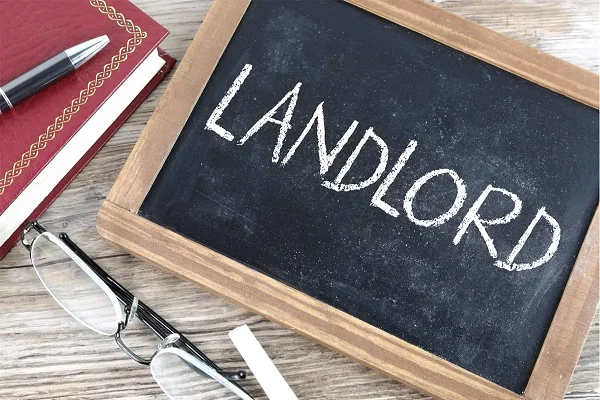Has the Day of the Amateur Landlord Come to An End?

Research suggests that more established landlords than ever before are opening limited companies to benefit from tax incentives when purchasing BTL homes and running their private letting businesses. Elsewhere, some polls have indicated that economic pressures on the BTL landlord community are prompting many to consider liquidating their portfolios and exiting the market entirely.
All of this has reinforced the views of some commentators that the day of the ‘amateur’ landlord is coming to an end. But is this really the case?
As with most things, it depends on your definition of an ‘amateur’ landlord. For regulatory purposes, amateur landlords are classified as non-portfolio landlords. This, according to the Prudential Regulatory Authority (PRA), means a landlord with three or fewer BTL properties in their portfolios.
Consequently, an investor managing three BTL properties at the same time and running a successful business would still, in regulatory returns, be referred to as an amateur landlord. Given how the overwhelming majority of BTL landlords in the UK have three or fewer properties under their ownership, referring to this entire community as ‘amateur’ landlords is questionable, if not quite condescending.
A profitable long-term venture
Up and down the UK, sky-high monthly rents are playing directly into the pockets of BTL landlords in most key regions. Unsurprisingly, recent figures published by UK Finance indicate a huge spike in interest in first-time buy-to-let investments among newcomers aged 55 and over last year.
In 2021, there were approximately 17,570 buy-to-let property investors within this age group. This represents an increase of more than 56% from the year before when there were just 11,240 buy-to-let investors aged 55 or over.
This suggests that more people than ever before are looking into the UK’s booming BTL sector. With average property prices only set to continue increasing at a record pace, picking up a property to let out is not going to get any cheaper—something that could explain the ‘now or never’ mantra being adopted by many, who see holding out any longer as a risky decision.
A premature declaration
For a long list of reasons, proclamations regarding the end of the age of the amateur landlord are premature, to say the least. For one thing, the number of people across most age groups looking into BTL investments as first-timers is actually on the rise.
Data published by Zoopla this week indicates an 11% increase in private rental prices during the first three months of 2022, taking the average cost of renting a UK home to £995. All of which adds up to a hugely profitable long-term venture for investors with rental properties in the right places.
In addition, a report published by the London School of Economics on behalf of the National Residential Landlords Association indicated that a full 64% of landlords in the UK have three properties or fewer. 32% of them have one unit, whereas 13% have three properties under their management. Figures that call into question the definition of an ‘amateur’ landlord confirm that the age of the amateur landlord is far from the end.
